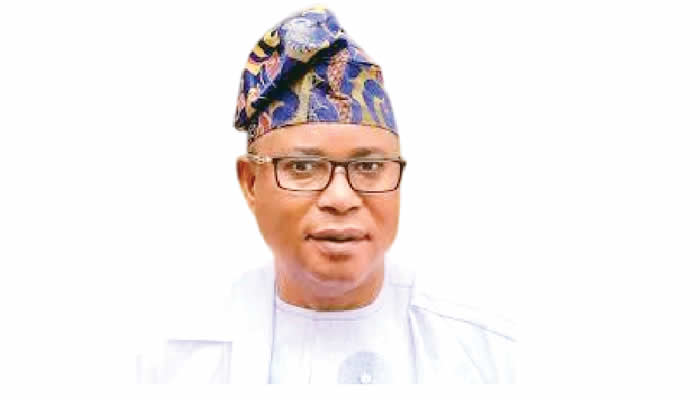Senator Wasiu Eshilokun’s political journey, spanning from grassroots engagement to the national stage, offers a rich perspective on the complexities of Nigerian governance. Starting his political career in 1999, in the nascent stages of Nigeria’s Fourth Republic, Eshilokun faced the challenge of building legislative structures practically from scratch. The lack of established precedents necessitated a learning-by-doing approach, supplemented by extensive training from international organizations like the Mississippi Consortium for International Development and the British Council. These programs exposed him to best practices from established democracies, including a valuable observation trip to the US Congress, equipping him with the tools to navigate the complexities of lawmaking and representation. This foundational experience laid the groundwork for his later role in the Senate.
Transitioning from local politics to the Senate, Eshilokun describes a “different ballgame,” highlighting the expanded scope of responsibilities at the national level. While the core functions of representation and lawmaking remain, the Senate’s role extends to confirming ministerial nominees and engaging in broader national discourse. As Chairman of the Senate Committee on Marine Transport, he oversees critical aspects of the maritime sector and the newly established Ministry of Marine and Blue Economy, aiming to leave a significant legacy by the end of the 10th Senate. His legislative contributions include sponsoring around ten bills, focusing on crucial areas like maritime safety, port authority reform, and constitutional amendments. This active involvement in the legislative process underscores his commitment to shaping policy and addressing national concerns.
Eshilokun’s legislative priorities center around modernizing Nigeria’s maritime sector. Among his sponsored bills are those seeking to repeal and re-enact legislation governing critical institutions like the Nigerian Maritime Administration and Safety Agency (NIMASA), the Nigerian Ports Authority (NPA), and the National Inland Waterways Authority (NIWA). He also champions the establishment of a Coast Guard, demonstrating a focus on enhancing maritime security. The Nigerian Shippers Council bill, a joint initiative between the Senate and the House of Representatives, has already been passed by the Senate and awaits presidential assent, highlighting his success in navigating the legislative process. These legislative efforts reflect Eshilokun’s focus on strengthening Nigeria’s maritime sector, a crucial component of the nation’s economy.
Addressing the criticism that the 10th Senate acts as a “rubber stamp” for the executive, Eshilokun argues that this perception is not widely held and is propagated by a vocal minority. He emphasizes that most Nigerians prioritize effective governance and collaborative efforts between the different branches of government over constant conflict. He contrasts the frequent clashes between the executive and legislature during Bukola Saraki’s leadership of the Senate with the more cooperative approach adopted during Ahmed Lawan’s tenure, which he believes led to greater progress. Eshilokun emphasizes the importance of a symbiotic relationship between the executive and legislature, highlighting that the Senate’s role is not to obstruct but to scrutinize, amend, and improve proposed legislation. He cites the example of a bill addressing the welfare of soldiers as an instance where cooperation between the branches is crucial for the national interest.
Eshilokun’s perspective on leadership transcends generational divides. He acknowledges the presence of both effective and ineffective leaders across all age groups, emphasizing the importance of qualities like readiness to lead, sincerity, and hard work over mere age. Reflecting on his own path, he emphasizes the value of starting at the grassroots level and gradually progressing to higher positions of responsibility. He contrasts his experience with the current trend of young people wanting to bypass the foundational stages of political involvement and jump straight to high-profile positions. This, he argues, hinders the development of essential skills and experience necessary for effective leadership. His own journey, marked by steady progression and service within his party, exemplifies his belief in the importance of earning one’s place through dedication and commitment.
While acknowledging that the age of political candidates can be a legitimate topic of discussion, Eshilokun cautions against imposing rigid age limits for presidential and gubernatorial candidates. He points out that such restrictions are uncommon globally, as long as candidates meet the minimum age requirements. He cites examples from the United States, highlighting that leaders like Donald Trump and Joe Biden assumed office at advanced ages, while others like Barack Obama and George W. Bush were younger. He emphasizes that leadership effectiveness is determined not by age, but by a combination of factors including ability, focus, public perception, and accomplishments. This perspective underscores his belief that experience and competence, rather than chronological age, should be the primary criteria for evaluating potential leaders.


